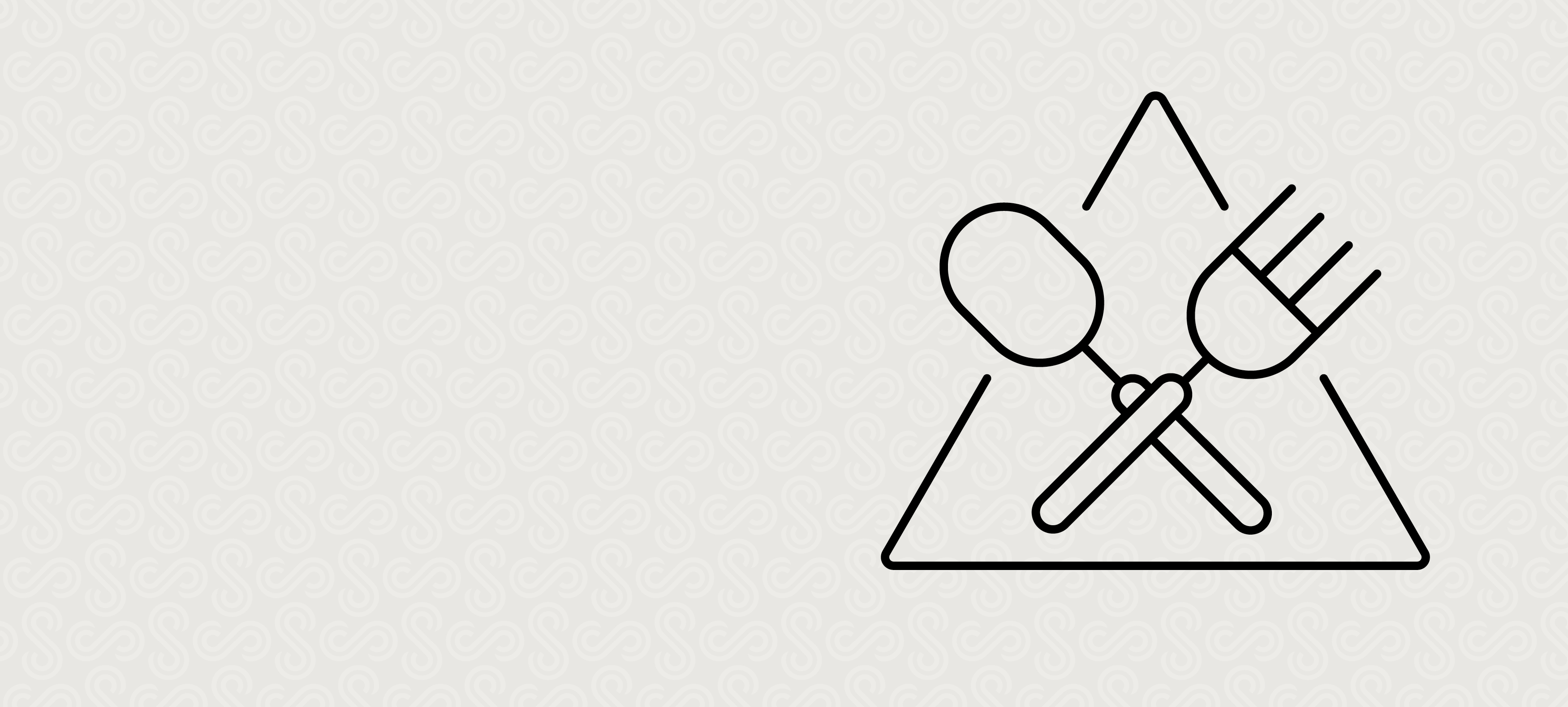Now that the suitcases are back in the loft and the BBQ has retired to the garden shed, not to be seen for the next 3 seasons, now is the perfect time to do a spot of household cleaning. You rummage under the kitchen sink, dig out those bottles of cleaning chemicals, brush off the worryingly large accumulation of cobwebs and begin to put to work your Cinderella magic. But have you ever considered that these chemicals could actually be damaging your health and environment?
Chemicals are everywhere – ranging from the tins of paint in your garage to detergents in your home and this wide variety of ‘off-the-shelf chemicals’ on offer from retailers has increased vastly, with new products being introduced to the market more frequently than ever. Most chemicals are not dangerous when used safely, but some need more careful attention and management than others. Whilst household chemicals clean and disinfect our plates, bathtubs and worktops to make them shiny and germ-free, in actual fact, many of them also contribute to indoor air pollution, are poisonous if swallowed and can be harmful if inhaled or touched.
Labelling is key in identifying the more hazardous chemicals, the dangers they present and how to steer clear of them. If a supplier states that a chemical could cause harm, they are expected to detail as much information as possible on the label. However, this is not always the case as many high street chemical products avoid disclosing what they really contain, but why?
In a bid to dismiss consumer fears earlier this year, well-known household manufacturer, SC Johnson disclosed every chemical used in their products and the most popular items Mr Muscle, Glade and Toilet Duck, were found to include potentially “toxic” ingredients. Following the release of this, contradictory scientific evidence outlining the health impact of chemicals has fuelled public debate over the dangers of household cleaners.
SC Johnson have recently launched their website ‘What’s inside SC Johnson?’ after professors from York University advised that the biggest cause of air pollution is from fragranced products such as Limonene, a chemical used by many popular firms to produce the popular citrus scent. The named chemical releases formaldehyde which is a known human carcinogen, a substance capable of causing cancer in living tissue which furthermore reflects the importance of being aware of the chemicals we so frequently use in our own homes.
In a bid to increase visibility for clients, the website now details the product information for each chemical. “At SC Johnson, we work hard to choose ingredients you can trust and to communicate about them openly. As a family company, we take this seriously, because we want to help you make good choices for your family.”
With these new findings flaring a new conversation topic and continued uncertainty no doubt casting fear amongst consumers, the question arises of the legalities regarding chemicals in the workplace. With so many of Shield Safety Group’s clients using chemicals as part of daily working life, we thought we would share our knowledge with you to make sure you know how to use them safely to protect both your staff and customers.
As an employer, the law obliges you to assess the levels of risk in your workplace in order to comply with Control of Substances Hazardous to Health (COSHH). To do this you need to firstly obtain a copy of the Material Safety Data Sheet (MSDS). This will enable you to consider the risks and then implement and uphold effective control measures. Remember, you must never use or generate chemicals that can put peoples’ health at risk or purchase domestic chemicals from unknown suppliers; unidentified chemicals may contain dangerous ingredients and concentrated, undiluted chemicals can be corrosive.
So why risk buying chemicals from a supplier who doesn’t think it’s imperative to disclose what’s contained? Nominated suppliers must provide you with all of the relevant technical information relating to each of the cleaning products on sale. The most vital information should be outlined on the label or the MSDS which can be used to conduct a COSHH risk assessment and to establish control measures, PPE requirements and spillages procedures. Shop-bought chemicals such as Mr Muscle, Glade and Toilet Duck do not come with this key information, so they are forbidden in the workplace. Often, cheap is not always the best policy.
Safely controlling chemicals is key for protecting your business and everyone in it. It will save you money through more effective work practices, for example using control equipment, controlling procedures (ways of working) and employee behaviour.
Key safety points linked with cleaning chemicals
- Never mix cleaning chemicals as this could release harmful gases released; equipment and surfaces must be rinsed thoroughly before different chemicals are used
- Always store chemicals and cleaning equipment in a pest-proof area away from food preparation surfaces and equipment to avoid contamination from leaking chemicals
- Avoid decanting chemicals into alternative containers in order to reduce the likelihood of product deception, but if unavoidable, use suitable non-food/non-drink containers that are clearly labelled detailing the chemical and dilution or concentration
- Ironically, it is crucial to clean and disinfect cleaning equipment to prevent the spread of harmful bacteria, again through cross-contamination
- Review the correct procedures from MSDS in order to be prepared if chemical spillages occur
- Deliver or arrange training so staff are provided with adequate information to follow and re-train staff if they don’t follow the correct procedures
- Wear any necessary protective personal clothing (PPE)
- Report any accident or incident
Earlier this year, an electro-polishing company based in Hampshire, Poltigrat (UK) Limited, was fined following a worker having suffering severe chemical burns. After being told by his Manager to dispose of some waste cleaning chemicals, an exothermic reaction occurred causing the container to erupt over the worker. His glasses were blown off and he suffered alkaline burns to his eyelids, ulcers to his corneas and grazes and burns to his legs. On 13 February 2015, an investigation by the Health and Safety Executive (HSE) concluded that there were insufficient risk assessments in place. Poltigrat (UK) Limited pleaded guilty to breaching Section 2(1) of the Health and Safety at Work etc. Act 1974 and Regulation 3(1) of the Management of Health and Safety at Work Regulations 1999, and have been fined £8,000. This case just goes to show how important having all of the correct procedures in place surrounding using chemicals is.
We don’t want to scare you into your homes needing an obligatory visit from Aggie and Kim, so…
- Take advantage of modern day technology; dishwashers and washing machines are a revelation!
- Be picky and only buy what you really need
- Experiment with old-fashioned methods – vinegar and bicarbonate of soda are great all-purpose cleaners
At Shield Safety Group, our talented team of Environmental Health Professionals can help you be sure that you’re handling chemicals safely. We can produce tailored Food Safety and Health & Safety Management Systems with specific safe methods, provide advice through our unique Helpline Service and have an experienced Industry Expert as your dedicated Account Manager. For more information about how we can help keep your business and your customers safe, visit our homepage or call today on 020 3740 3744.
The information contained in this blog article has been created for marketing purposes and is not official guidance and should not be used as a substitute for official Food Safety, Fire Safety and Health & Safety advice. Shield Safety take no responsibility if the information in the blog article is used to form part of a safety management system or used to form part of any legal or regulatory compliance for your business. For official guidance and to engage with Shield Safety services please do call our team on 020 3740 3744 or email hello@shieldsafety.co.uk.


